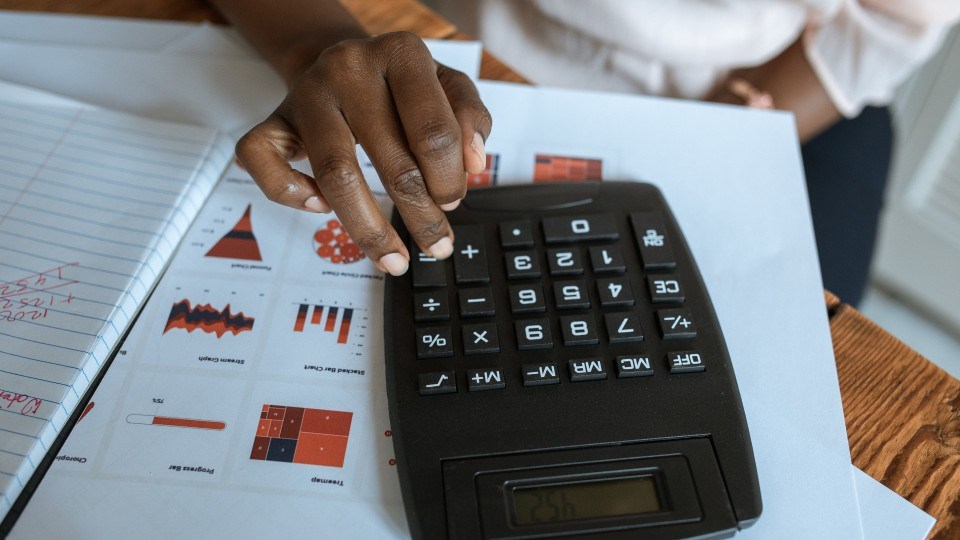The city's finance and administration committee approved the 2021 property tax policy on May 18, keeping very similar ratios that were approved in 2020.
COVID-19 impacted the committee's ability to tinker with its property tax policy this year, as there was no reassessment done last year. Property assessments will remain consistent with 2020 amounts and it is forecasted that the reassessment will occur in 2022, which will be in effect for the 2023 taxation year.
At its core, the property tax policy determines who pays what portion of the budget. All ratios are determined in relation to the residential rate which is set at 1.000000.
The following property tax ratios were approved by the Finance and Administration Committee on Tuesday (2020 ratios in parenthesis):
- Multi-residential - 1.965000 (1.965000)
- Commercial - 1.912000 (1.912000)
- Industrial - 3.660404 (3.726326)
- Large Industrial - 4.248925 (4.325445)
- Pipelines - 2.1794389 (2.1794389)
- Farm - 0.200000 (0.200000)
A tax ratio represents the property tax level for a property class in relation to the residential property class.
The tax ratios established for property classes determine how the tax rate for that class compares to the residential tax rate. For example, the commercial tax ratio for 2021 is 1.912000 which means that, for every residential property tax dollar paid, the commercial property class pays $1.912 based on its current value assessment.
There are 16,267 (28 per cent) of the total 57,946 residential properties that will experience an increase of less than $100 on their 2021 property tax bill. The average increase for all residential properties would be $136, but this figure will vary depending on the area of the city the property is located and the valuation of the dwelling.
City council finalized its 2021 budget on April 6, approving a 4.0-per-cent property tax increase for residential properties. A decrease to education taxes will actually mean that residents will see an increase on their property tax bills that is closer to 3.6 per cent, and as mentioned above, more than a quarter of the city's residents will see an increase of less than $100.
"There's really no way around levy increases every year if council and the community at large are going to want to maintain the same number of services and the same level of services," said
Finance Commitee chair Mike Jakubo, councillor for Ward 7, in April, following final approval of the budget.
"It's very simple math to know that salaries are increasing every year because of collective agreements, costs of supplies and products are increasing every year at much more astronomical rates than inflation. If we want to maintain the same level of services, there's going to be an increase in the cost of those services."
Property tax policy differs from the annual budget process, although both the budget and the tax policy affect the amount of tax payable by each tax class.
It's helpful to think of the budget process as determining the size of the pie, establishing how much tax needs to be collected and the property tax policy determines how that pie is sliced.
Property tax ratios are used to calculate the tax rates. The tax rates are then used to calculate the specific amounts each property owner pays. Unlike the budget process, property tax policy decisions do not change the amount of money the city receives through taxation.
